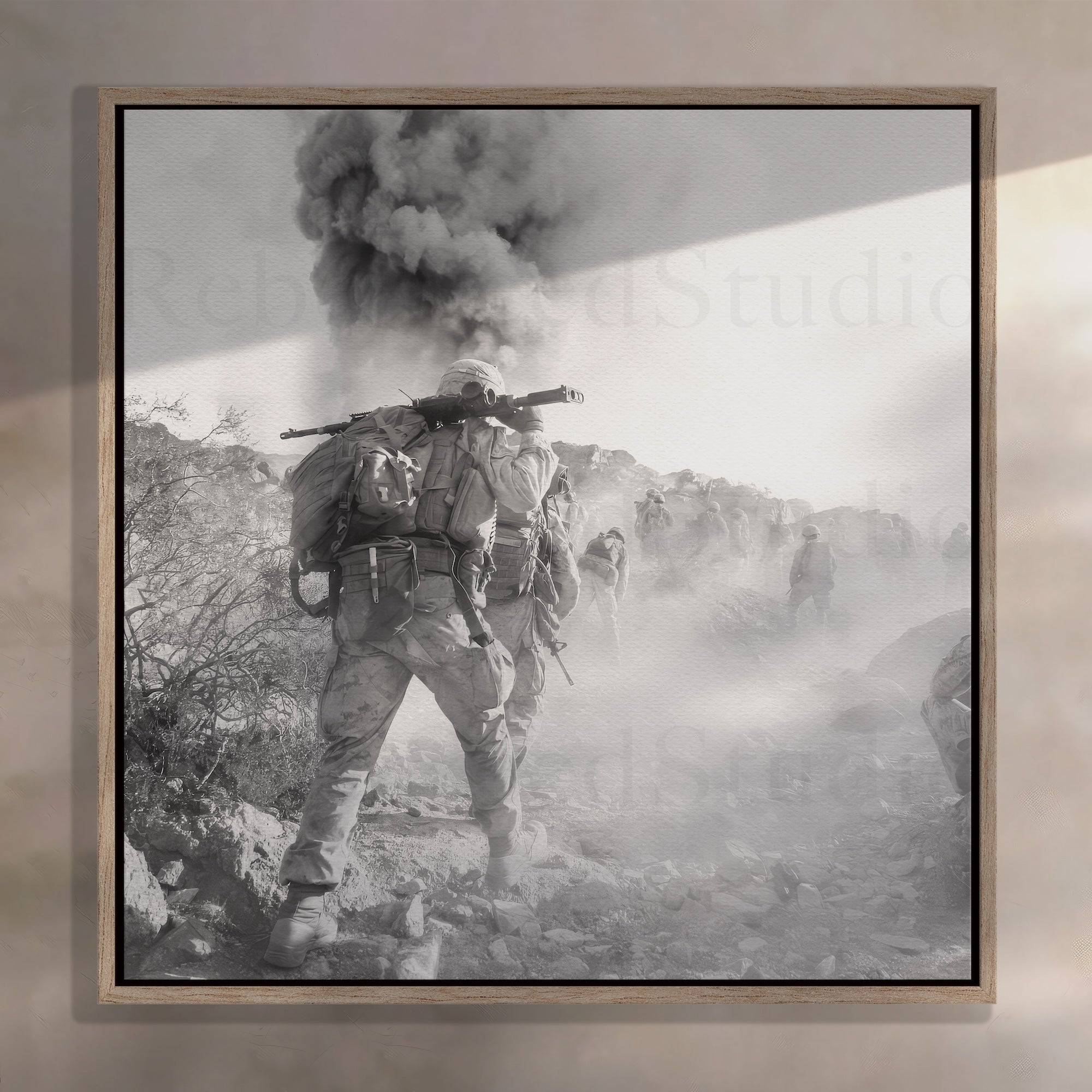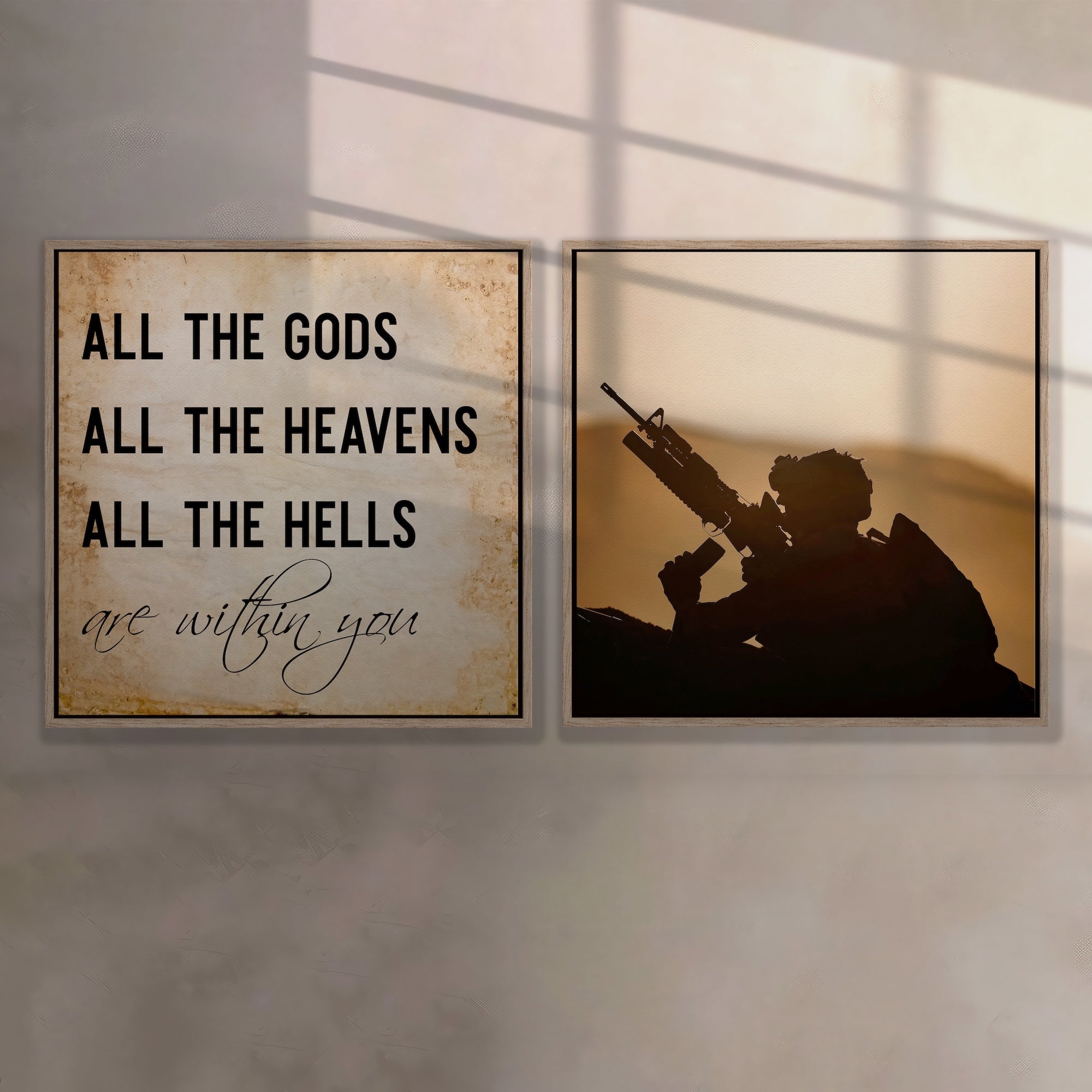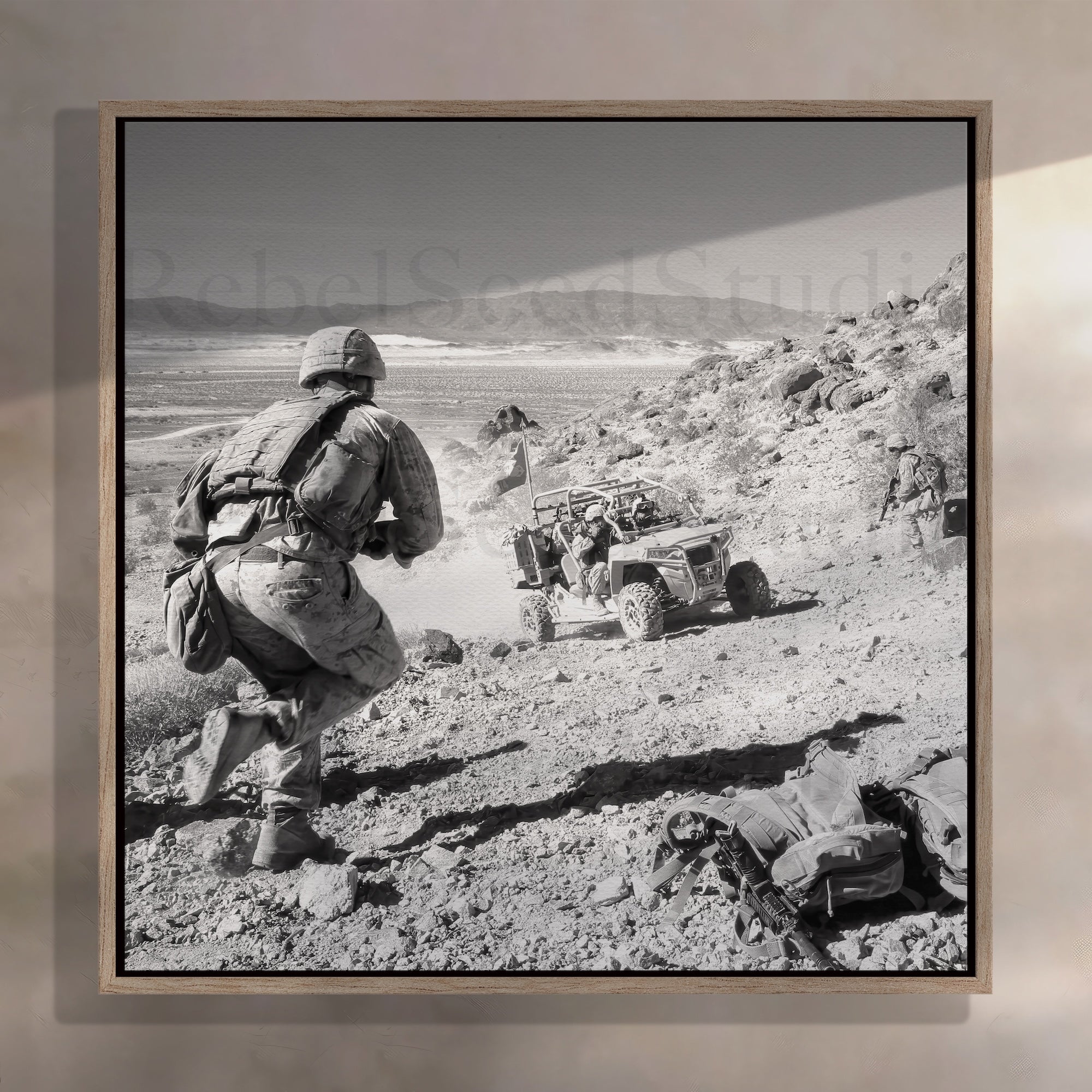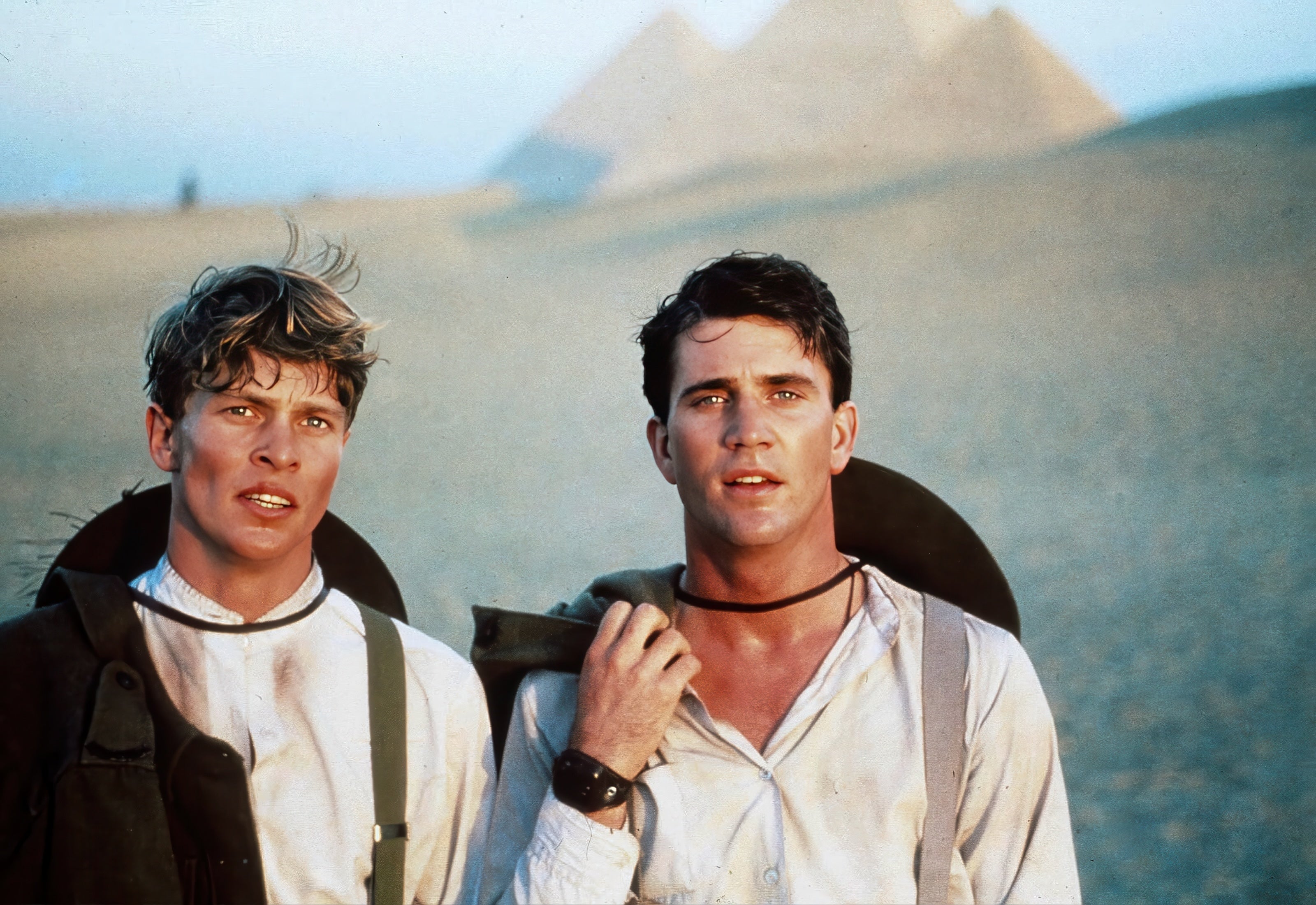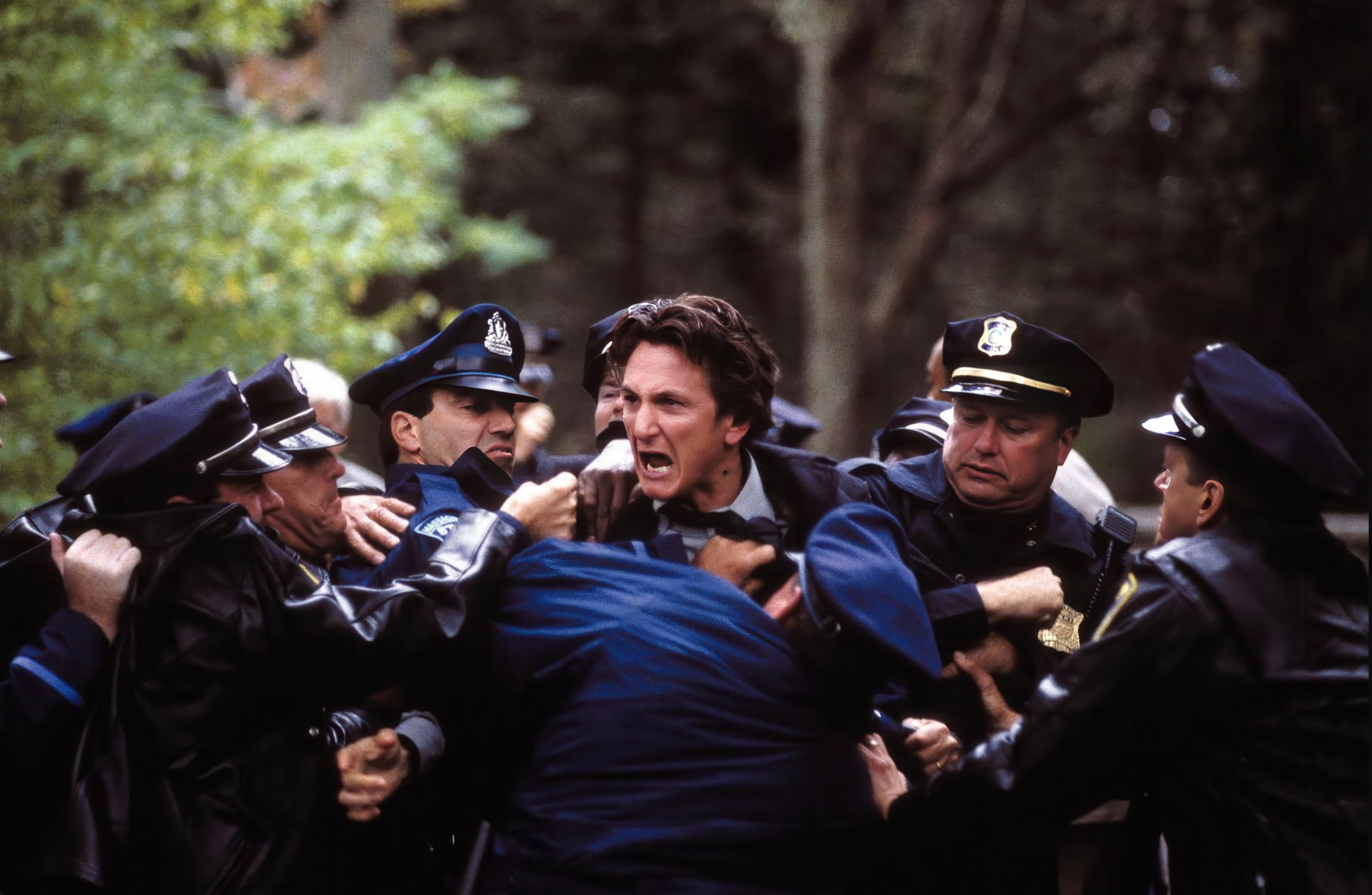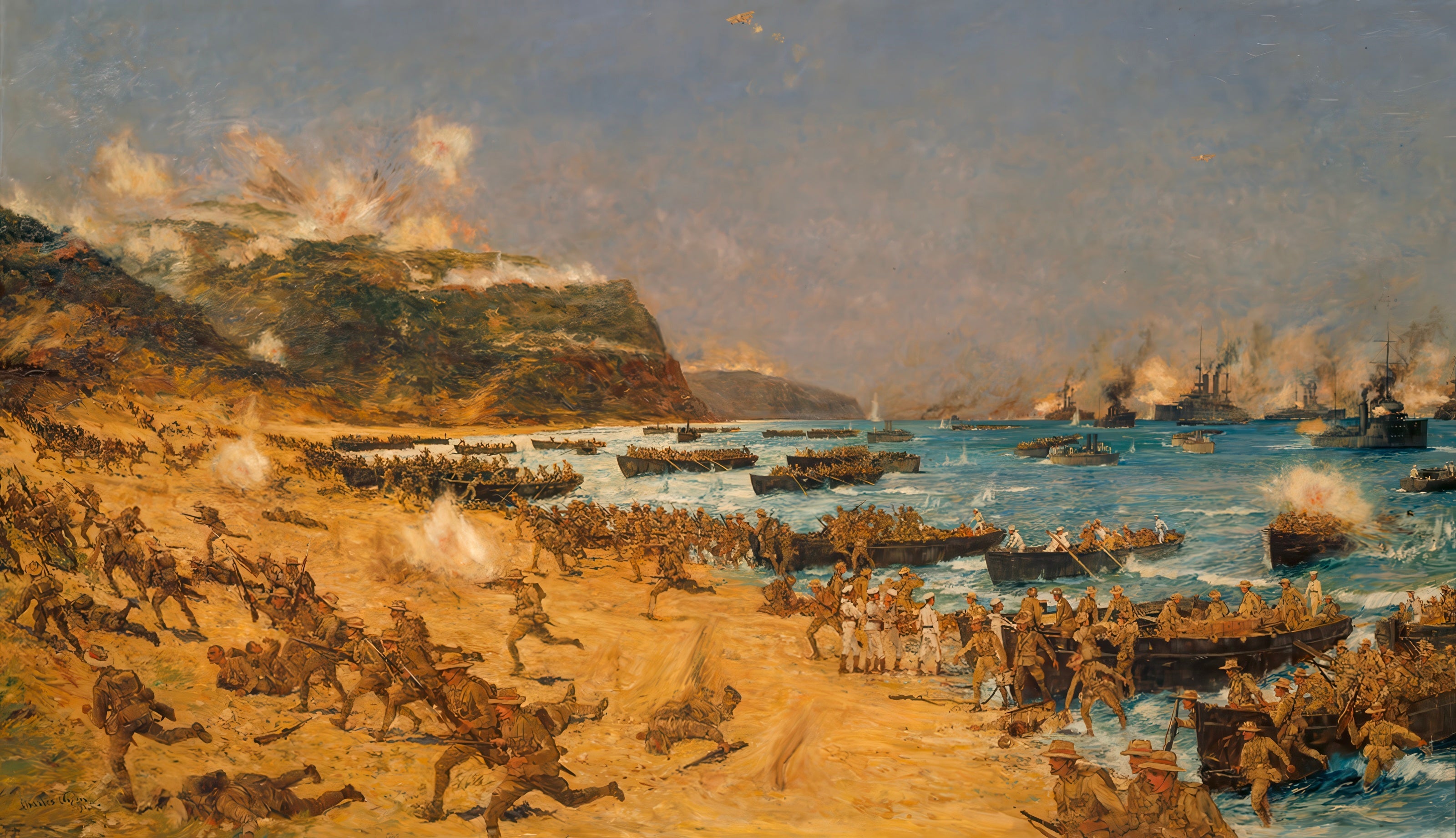
Gallipoli (Book Notes)
Peter FitzSimons’ Gallipoli is a meticulously researched account of one of the most significant and tragic campaigns of World War I: the Gallipoli Campaign. Fought between the Allied forces (mainly British, French, Australian, and New Zealand troops) and the Ottoman Empire in 1915, the campaign aimed to seize control of the Dardanelles Strait, a key route to Russia. What was meant to be a quick victory became a prolonged and disastrous battle that claimed thousands of lives on both sides.
The book offers a day-by-day narrative of the eight-month-long campaign, beginning with the strategic planning, which was deeply flawed from the outset. FitzSimons explains how British leadership, led by Winston Churchill (First Lord of the Admiralty), believed that capturing Gallipoli would knock the Ottoman Empire out of the war and open a new front against the Central Powers. However, the execution of the plan was marred by mismanagement, underestimation of the Turkish forces, and logistical failures.
FitzSimons does not focus solely on military tactics and politics. He brings to life the soldiers - especially the ANZAC (Australian and New Zealand Army Corps) troops - who landed on the beaches of Gallipoli on April 25, 1915. Their bravery and spirit, despite the horrors of war, form the emotional core of the narrative. FitzSimons pays tribute to the camaraderie, sacrifice, and endurance of these young men, many of whom were poorly prepared for the brutal conditions they encountered.
The Turkish side is also given significant attention, particularly the leadership of Mustafa Kemal (later known as Atatürk), who would go on to become the founding father of modern Turkey. Kemal’s tactical brilliance and the sheer determination of the Turkish forces played a crucial role in defending their homeland and ultimately forcing the Allies to withdraw in defeat. FitzSimons highlights how Kemal’s actions at Gallipoli cemented his legacy as a national hero.
Throughout the book, FitzSimons captures the devastating realities of trench warfare, the squalor, the constant shelling, and the psychological toll of the campaign on both sides. He weaves together personal anecdotes, letters from soldiers, and first-hand accounts to create an immersive and harrowing portrayal of life on the front lines. The battle scenes are vividly depicted, showing the chaos, fear, and confusion that dominated the battlefield.
The book also delves into the political and military aftermath of the campaign. The failure of Gallipoli had far-reaching consequences: it tarnished Churchill’s reputation, led to a re-evaluation of British military strategy, and galvanized the sense of national identity in Australia and New Zealand, where Gallipoli became a defining moment in their histories. FitzSimons emphasizes how the ANZAC legacy, borne out of this disastrous campaign, has come to symbolize courage and sacrifice for generations to come.
Book Notes:
Gallipoli is an expansive and deeply engaging retelling of one of World War I’s most tragic and important battles. Known for his ability to bring history to life, FitzSimons manages to strike a balance between thorough historical analysis and the human stories behind the conflict. The book’s detailed narrative gives readers a clear understanding of the military strategies, while also focusing on the personal experiences of the soldiers involved, making it both informative and emotionally resonant.
- FitzSimons has done a remarkable job of sifting through historical records, personal letters, and accounts from soldiers on both sides to build a comprehensive and accurate picture of the campaign. His attention to detail is impressive, and he leaves no stone unturned in explaining the strategic missteps and the eventual failure of the campaign.
- While the broader scope of war is covered, Gallipoli excels in its portrayal of the individual soldiers who fought in the campaign. Their letters and diary entries add a layer of humanity to the horrors of trench warfare. This focus on personal stories makes the historical events more accessible and poignant.
- FitzSimons ensures that the book does not simply tell the story from the Allied perspective. He devotes significant space to the Turkish defense, particularly the leadership of Mustafa Kemal. This balance offers a fuller understanding of the battle’s dynamics and highlights the heroism on both sides of the conflict.
SUMMARY: Gallipoli is a powerful, sweeping historical narrative that masterfully captures the complexities and tragedies of the Gallipoli Campaign. His portrayal of the courage and endurance of the ANZAC forces, coupled with the fierce determination of the Turkish defenders, provides a balanced and deeply human account of the campaign. While the dense historical detail may be challenging for some readers, the emotional depth and the painstakingly researched storytelling make this book an essential read for those interested in World War I history, military campaigns, or the ANZAC legacy. In Gallipoli, FitzSimons succeeds in not only chronicling the events of the battle but also in honoring the memory of those who fought and died there, ensuring that their stories will continue to be remembered.
Get the Book: Digital Book (Apple Books)
Get the Movie (1981): Digital Film (AppleTV)
Get the Movie (2005): Digital Film (AppleTV)
Get the TV Series: Digital Series (AppleTV)


